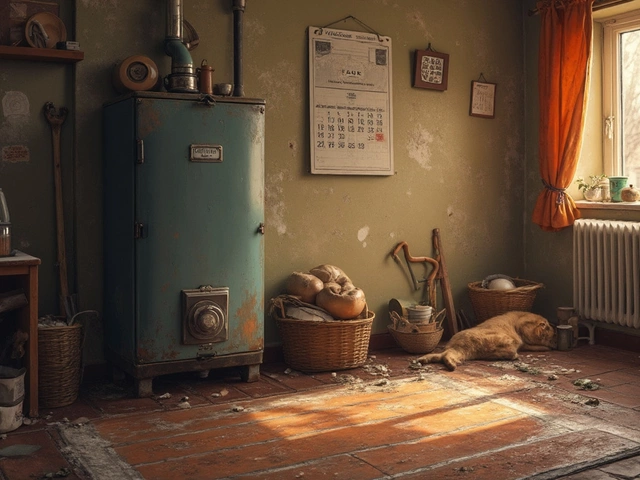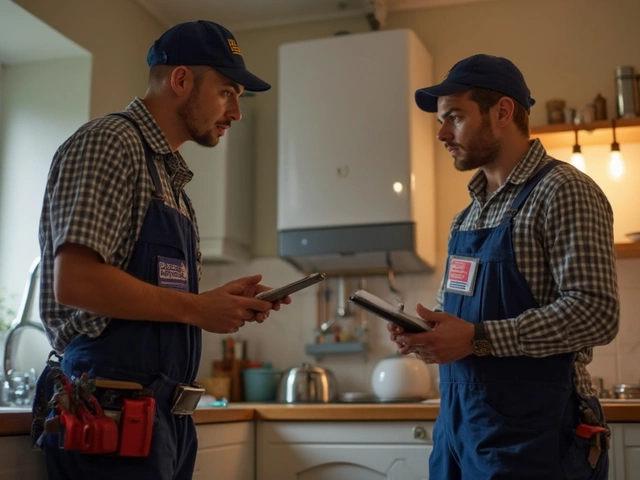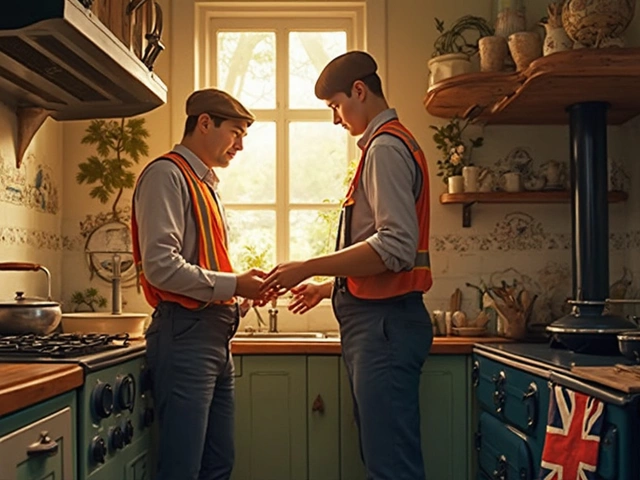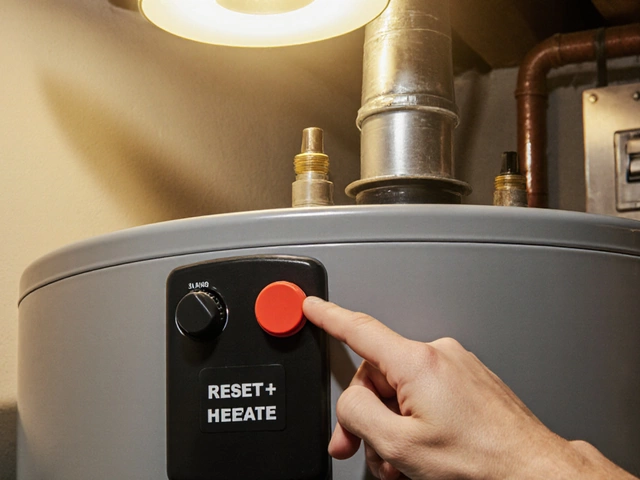If your fridge is humming but the food is still warm, you’re probably wondering what went wrong. The good news is most cooling issues have an easy fix, and you don’t always need to call a technician. Below you’ll find the most common reasons a fridge stops cooling, quick DIY checks, and clear signs when a pro should step in.
First, understand what makes a fridge cold. A compressor pushes refrigerant through coils, while a thermostat tells the system when to turn on. If any part of that chain fails, the temperature rises. The most frequent culprits are:
These issues are easy to spot with a few quick checks, saving you time and a call‑out fee.
1. Clean the condenser coils. Unplug the fridge, pull it away from the wall, and use a vacuum brush or a coil‑cleaning brush to remove dust. A clean coil can improve cooling by up to 30%.
2. Check the door seal. Close a dollar bill inside the door. If it slides out easily, the gasket is worn. Replacing a gasket costs less than £30 and restores a tight seal.
3. Clear the vents. Look inside the fridge and freezer for any ice blockage or items that block the vents. Let frozen piles melt, then rearrange food so air can move freely.
4. Test the fan. Listen for a soft whirring sound when the door opens. If you hear nothing, the fan may be stuck or broken. A simple fan replacement is often under £50.
5. Reset the thermostat. Locate the control dial or digital panel, turn it to the coolest setting, wait a few minutes, then set it back to your usual temperature. This can kick‑start the compressor.
If after these steps the fridge is still warm, it’s time to call in a professional. A trained technician can check the compressor, refrigerant levels, and electrical components safely.
When you reach out to a repair service, mention the steps you’ve already taken. That lets them focus on the real problem and may reduce the labour cost. At Bognor Regis Appliance Repair Experts we love a good DIY story, but we also know when a job needs a specialist’s touch.
Keeping a fridge in top shape is mostly about regular maintenance. Wipe the coils every six months, clean the door gasket, and don’t overload the shelves. A little attention now prevents a big, costly breakdown later.
Got a fridge that still won’t cool after trying these fixes? Give us a call. We’ll diagnose the issue fast and get your food back to safe temperatures without any hassle.

A practical guide for diagnosing common refrigerator problems, spotting signs of faults, and fixing them at home with tips and real-world facts.

Fixing an electric stove might seem daunting, but many common issues are surprisingly manageable with a bit of know-how. From understanding why the burners aren't heating to recognizing if a problem needs professional attention, this article sheds light on various aspects of electric stove repair. Whether you're dealing with strange noises, faulty wiring, or a completely inoperative oven, we explore what’s usually repairable and what might require a replacement. With practical tips, learn to troubleshoot and potentially save on costly service calls.

In the world of home heating, boilers are real workhorses. But have you ever wondered how long your trusty boiler will keep chugging along? Typically, a boiler can last anywhere from 15 to 20 years, depending on various factors like maintenance, usage, and quality of installation. Knowing when to fix or replace your boiler not only ensures a warm home but also helps you avoid unexpected expenses.

Wondering whether plumbers can fix your boiler? This article breaks down exactly what plumbers do, where their work overlaps with heating engineers, and when you need a specialist. You’ll get practical advice for dealing with boiler issues, tips for finding the right tradesperson, and a look at why gas safety credentials matter so much. There’s even a checklist for what to ask before hiring someone for your boiler job. Skip the confusion and figure out who to call, fast.

Thinking about installing a new electric oven? It's not always as simple as plugging it in. Discover the ins and outs of electric oven installation with tips on wiring, safety precautions, and when to call a professional. Learn what to check before attempting to plug in a new unit and how to ensure everything's set up correctly for safe and efficient use.

Learn how to safely reset both electric and gas hot water heaters, troubleshoot common issues, and know when to call a professional.